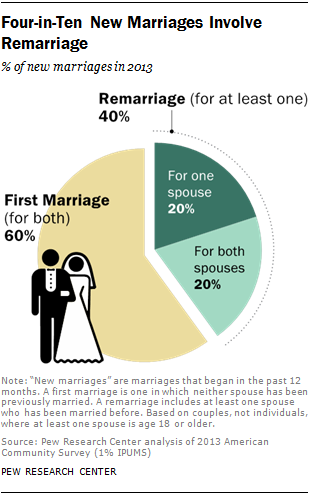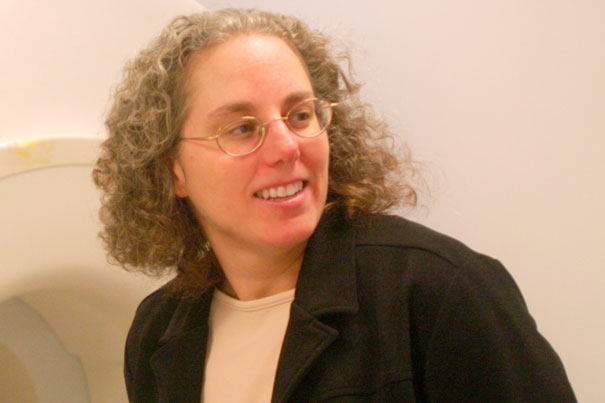Eye | A Traveling Education | Meditation Rebuilds Brain Structure | Trends In Remarriage
/
LifeTracker
Self-Education By Traveling
 Traveling Teaches Students in a Way Schools Can’t The Atlantic
Traveling Teaches Students in a Way Schools Can’t The Atlantic
Traveling and studying abroad can often educate young Americans in ways that the classroom cannot. To achieve lifelong lessons, it’s best to stay close to the people and not in the lap of luxury when setting out to understand how others live around the world.
Traveling to these places made me realize that the “advantages” I initially thought I had over others were not necessarily advantages to everyone. Many actually preferred living with the challenges they faced over living in a country like mine, where other things are missing. A professional I met in South America who had turned down a job offer in the United States told me, “I’d never want to move there, even though I’d make more money. The social part of life is better here, I find people happier here, and my quality of life is what matters most.” Rick Steves, the popular travel guidebook writer and television host, expressed similar thoughts in an interview with Salon when he said, “It’s a very powerful Eureka! moment when you’re traveling: to realize that people don’t have the American dream. They’ve got their own dream. And that’s not a bad thing. That’s a good thing.”
Married Once Do It Again
 Marriage is in decline in America, as it is in much of the developed world. Pew Research reports that the share of all adults who have married once has fallen from 85% in 1960 to 70% in 2013.
Marriage is in decline in America, as it is in much of the developed world. Pew Research reports that the share of all adults who have married once has fallen from 85% in 1960 to 70% in 2013.
One interesting factoid in this trend is the willingness of divorced or widowed adults to remarry. About 57% of this population does remarry, a similar number to 50 years ago.
There is a gender gap in attitudes about remarriage, and it’s not what you might expect.
There are definite gender differences on this question: Most currently divorced or widowed men are open to the idea of remarriage, but women in the same circumstances are less likely to be open to the idea. Among previously married men, 65% either want to remarry or are not sure; 30% say that they don’t want to remarry. Among women who are currently divorced or widowed, only 43% say they may want to remarry, while 54% say they are not interested.
It’s older people who are remarrying. Among those ages 25 to 34, 43% had remarried in 2013, compared with 75% in 1960.
8% of newly married adults have at least one partner marrying for the third time. And men do remarry younger women.
Fully 39% of first-time newlywed couples are within a year of each other’s ages. Among first-time newlywed couples, only 4% of men are 10 years or more older than their wives. This number jumps to 16% among the remarried.
Read on at PEW Research.
ArtTracker
Mikhail Baryshnikov Photographs in London
 Mikhail Baryshnikov Doesn’t Care That More People Know Him From ‘Sex and the City’ than from Dancing Vanity Fair Daily
Mikhail Baryshnikov Doesn’t Care That More People Know Him From ‘Sex and the City’ than from Dancing Vanity Fair Daily
Mikhail Baryshnikov floated across the stage of the New York City Ballet under the direction of George Balanchine and soon became one of the most famous dancers in modern history. He even earned an Oscar nomination for his portrayal of Yuri Kopeikine in the film The Turning Point. Now an exhibition of his photographs will be on display in London’s Mayfair. Seeking to capture the movement of dance and not the stasis in between, his photographs are streaks of color and blurry bodies, more like a painting than a digital still life.
“Dancing Away” by Mikhail Baryshnikov is open at ContiniArtUK Modern and Contemporary Art Gallery, in partnership with Damiani, through January 31, 2015. See more images.
HealthTracker
Rebuilding the Brain’s Grey Matter
Eight weeks to a better brain Harvard Gazette
 Harvard-affiliated researchers at Massachusetts General Hospital (MGH), led by study senior author Sara Lazar of the MGH Psychiatric Neuroimaging Research Program and a Harvard Medical School instructor in psychology, are gaining significant new learnings about the impact of meditation on brain structure.
Harvard-affiliated researchers at Massachusetts General Hospital (MGH), led by study senior author Sara Lazar of the MGH Psychiatric Neuroimaging Research Program and a Harvard Medical School instructor in psychology, are gaining significant new learnings about the impact of meditation on brain structure.
Previously, Lazar’s group observed thickening of the cerebral cortex in areas associated with attention and emotional integration in the brains of study participants not engaged in meditation.
In the current study, MRIs were taken on the brains of study participants two weeks before and then after participation in the eight-week Mindfulness-Based Stress Reduction (MBSR) Program at the University of Massachusetts Center for Mindfulness. A similar set of scans was taken of brains in the control group.
Meditation group participants reported spending an average of 27 minutes each day practicing mindfulness exercises, and their responses to a mindfulness questionnaire indicated significant improvements compared with pre-participation responses. The analysis of MR images, which focused on areas where meditation-associated differences were seen in earlier studies, found increased gray-matter density in the hippocampus, known to be important for learning and memory, and in structures associated with self-awareness, compassion, and introspection.
Participant-reported reductions in stress also were correlated with decreased gray-matter density in the amygdala, which is known to play an important role in anxiety and stress.
GreenTracker
The Sound of Nature Dying

You can hear the coral reefs dying, experts say Science Daily
Death comes quietly to the world’s coral reefs, scientists have confirmed. Healthy coral reefs are among the noisiest environments on Planet Earth. A healthy reef can be heard from kilometres away, using underwater microphones.
New research from the Universities of Essex and Exeter confirms that the noise produced by a dying reef is only one-third that of a healthy one. It’s believed that larvae are sensitive to sounds being emitted from reefs and will regard a quiet reef as unsuitable for occupation.
More AOC Coral Reef Articles



